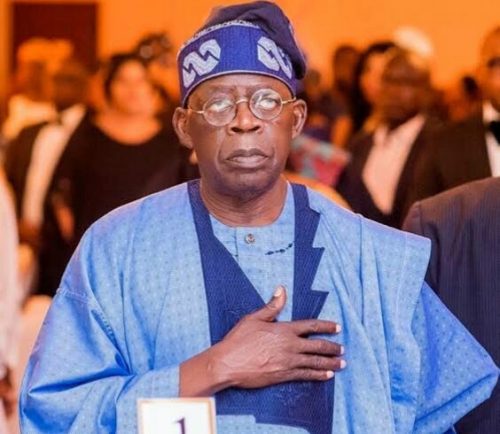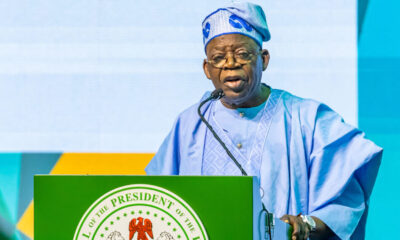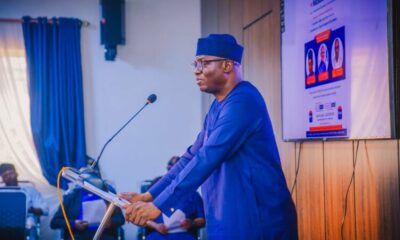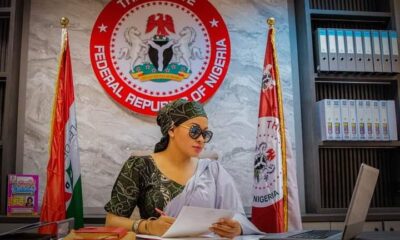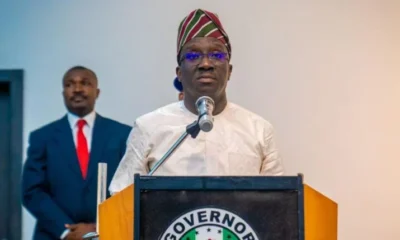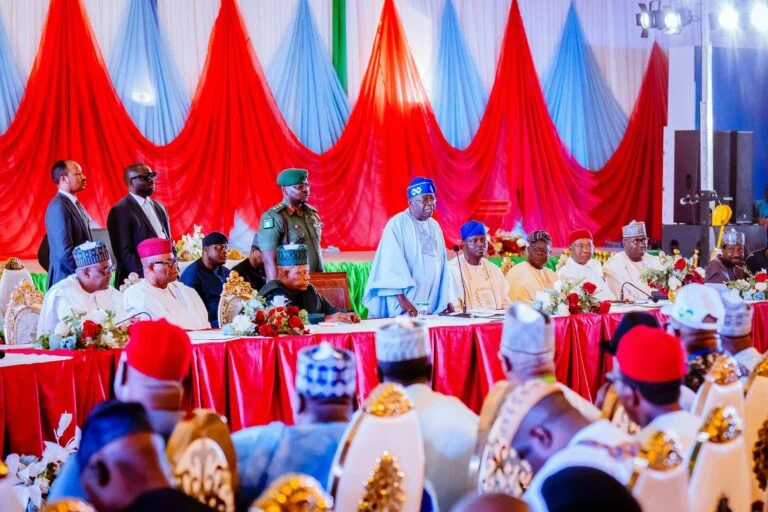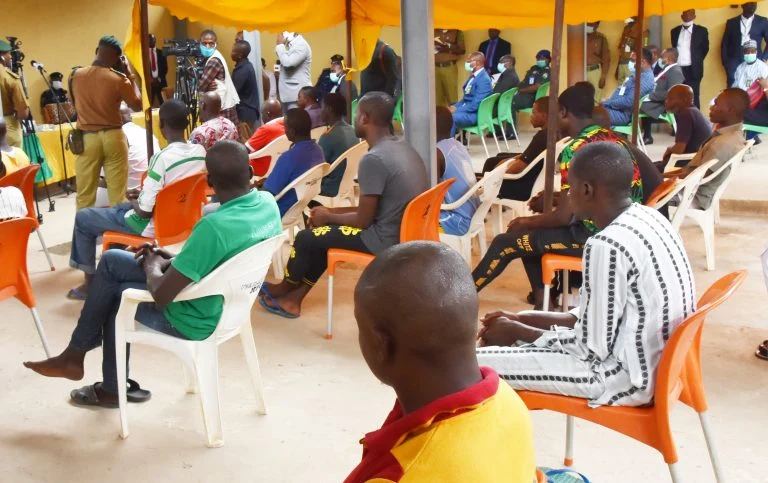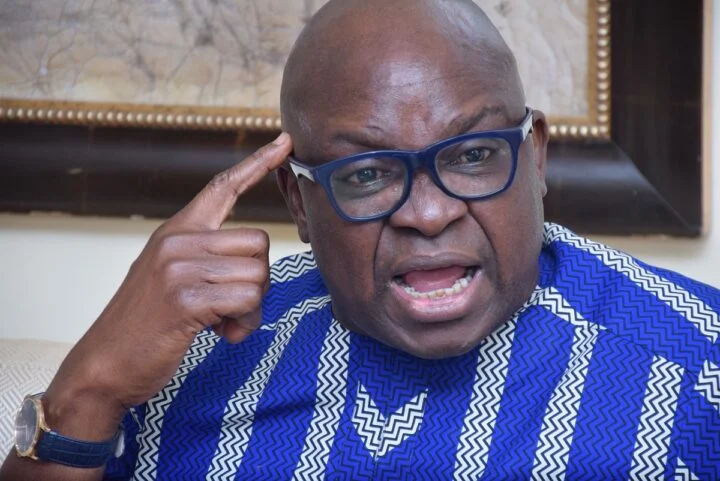As far back as 1999, when what we have in Lagos today were only dreams in the minds of visionaries, Tinubu took over like that proverbial Octopus with all its hands in all the jars, weaving Lagos State from pit to the palace it is today.
First was the gory sight of Lagos which was occasioned by pollution from different sectors of Lagos state at that time. And combating the imminent fear of an epidemic that obviously engulfed the state, the former governor separated the Ministry of Environment from the Ministry of Physical Planning and repositioned it to combat flooding and coordinate waste management and disposal.
Of course, even the Bible pointed out that when men of vision lead, the people rejoice. This was Tinubu’s greatest strength as he toes the path of exemplary administration through his many leadership qualities.
First was a free health policy for children below 18 and adults above 65 years that the Tinubu’s Administration introduced, knowing the importance of healthcare delivery to building a healthy society.
The drugs for patients were heavily subsidized. Under the Blindness Prevention Programme, millions of Lagosians were saved from sight problems.
There were free eye surgeries and free glasses (Jigi Bola) distributed to patients. To reduce the scourge of HIV/AIDS, the Lagos State AIDS Control Agency intensified its enlightenment program targeted at youths.
The administration’s “Roll Back Malaria” program complemented the Eko Free Malaria Treatment program under which millions of people were treated. The government also combated the dreadful diseases, including tuberculosis by setting up clinics devoted to the disease and polio through the immunization of millions of children.
To cap it all, the LASAMBUS scheme was initiated. Dozens of ambulances were provided to ease rescue operations. Tinubu introduced reforms, which led to the decentralization of the Health Management Board, the revitalization of the Primary Healthcare System, the establishment of the Lagos State Health Facility Monitoring and Accreditation Agency to ensure quality assurance, the establishment of the Hospital Services Commission, and the promotion of partnerships in health between the government and the private sector.
Showing clearly that a new sheriff is in town, the Tinubu administration’s youth development program led to the annual “One Day Governor” through the annual spelling bee for secondary school students initiated by the New Era Foundation that was promoted by his wife, Oluremi Tinubu as the First Lady of Lagos.
Knowing how the reformation of prisoners can help curb social vices, the former governor converted the dreadful Ita Oko prisoners camp into a youth skills acquisition center. There was also a program of women empowerment to enable women to cope with the harsh economic realities and make them become better individuals beyond housewives in their different families. More importantly, women were reoriented towards self-employment.
Tinubu’s administration fired on all cylinders, leaving no stone unturned, down to the housing sector. His administration facilitated access to quality accommodation and succeeded in making the Lekki corridor the fastest-growing real estate investment haven. The former governor lamented the Federal Government’s failed housing policy and the neglect of the housing needs of the former Federal Capital Territory (FCT). He restructured the Ministry of Works and Housing by upgrading the Housing Department or directorate into a full-fledged ministry. The ministry was mandated to provide 5,00 housing units yearly and coordinate the activities of the Lagos State Development and Property Corporation (LSDPC) and the Lagos Building Investment Company for more effective management. More importantly, the sector was repositioned to attract private sector participation.
There was a turnaround in the fortunes of the LSDPC. Its account was red before Tinubu assumed office. In his first term, the moribund Michael Otedola Low Income Housing was completed. The Jubilee Housing Scheme comprising 1,300 units of low-income housing designated as Abraham Adesanya Housing Estate, was completed. The project was undertaken directly by the ministry. Also delivered were the Lekki Scheme 1, named after the late Eleko of Lagos, Oba Adeyinka Oyekan, the Oko Oba units, Oregun Estate, Ikeja, Femi Okunnu Housing estate, Leki, and the Mile 2 Housing Estate. Also, concerted efforts were made to develop the proposed estates in Gbagada 1 and 2, Ibeshe, Ikeja 1 and 2, Oko Oba/Alaba, and Ewu Elepe. There were proposals for “Teachers’ Village,” “Civil servants’ Village” and “Judges Village.” The mortgage system was strengthened and foreign investors were encouraged.
Asides from the many restructuring of different organs and sections the administration achieved, it also pioneered novel initiatives in transportation, including the development of modern water transportation and the BRT system. LASTMA was established to ensure proper traffic management and deal with the problem of indiscipline on the road by drivers.
Under the capable hands of an obviously experienced public servant as Tinubu, Lagos blazed the trail in the Independent Power Project (IPP), which continually supplied 270 megawatts of electricity to the national grid. The project demonstrated the capacity of some states to generate electricity, if the power to legislate on it is on the Concurrent List. Tinubu electrification project covered over 100 communities. In his first term, 53 rural communities were targeted. The projects were completed in Egan, Atewolere, Ifesowapo, Aboru, Agbado Ayetoro, Akorede, Isheri Ikosi, Orile Aguntan, Rofo, Borokini, Omologbede, Araromi, Oke Agbo, Erekusu, Logberu, Okegelu and Ebute, Lekki. Others were Origanringan, Onigbolakowe, Oke odo Elemoro, Ipaja Isale odo, Agenuba, Ajelogo, Mutaku, Egansando, Ayanfe, topo and Ikola Agbenaje.
Tinubu created additional 37 councils, following the legitimate agitations of Lagosians for improved governance at the grassroots. The number of the councils rose to 57. However, the National Assembly refused to list the councils in the constitution.
As the saying goes, the fowl knows the animal that deprived it of its fathers during the rainy season. The people of Lagos can never forget the efforts of Tinubu’s administration in creating the Lagos of our dream today especially when the allocation for Lagos was seized, prompting Tinubu to put on his thinking cap. He embarked on a novel and aggressive revenue generation drive, which halted the dependence on federal allocations to the state. In 1999, under military rule, Lagos was generating N600,000 monthly. Today, the Internally Generated Revenue (IGR) is around N45 billion.
For eight years, Tinubu also agitated for special status, or special economic assistance, for Lagos State. Up to now, it is still a dream.
Tinubu resolved the succession hurdle successfully in 2007. His successor, Fashola, built on his achievements.
The sage said that everything success begins and ends with pristine leadership was proven as Tinubu ended his administration with awards to crown his many efforts for the people of Lagos State. These laurels and awards include the ‘Best Governor of for 2001 by the Nigerian/Belgian Chamber of Commerce, Winner of 2002 Best Practices Prize in improving the living environment (by the Federal Ministry of Works and UN habitat Group), 2000 Best computerized Government in Nigeria (by the Computer Association of Nigeria), 2003 Green Crystal Award for Enhancing the Value of the Environment (by Clean-Up Nigeria (CUN), 2002 Healthcare Award as the best provider of best health services in Nigeria, Presidential Merit Award for technological Development by the Nigerian Society of Engineers, 2001 National Literacy award for outstanding contribution to mas literacy, Co-winner of 2002 Outstanding Alumnus award of the American Association of Community Colleges (AACC), 2001 Distinguished Alumnus Award by Chicago State University, Distinguished Service Award for Exemplary Leadership by the Lagos State Economic Summit Group, Certificate of Commendation by the national Conference of Black mayors, Silver Jubilee Anniversary Award as Labour Friendly Governor by the National Union of Petroleum and Natural gas Workers (NUPENG) and Award of Recognition by Nigerian Berge Limited for the initiation of the Independent Power project (IPP).
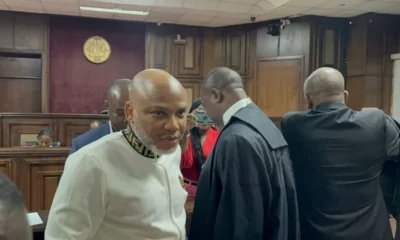
 BIG STORY4 days ago
BIG STORY4 days ago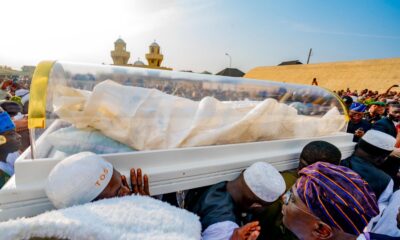
 BIG STORY5 days ago
BIG STORY5 days ago
 BIG STORY3 days ago
BIG STORY3 days ago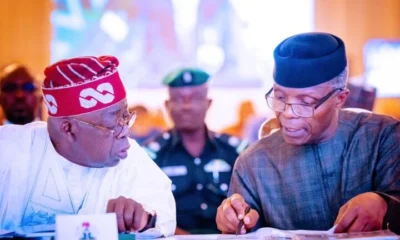
 BIG STORY3 days ago
BIG STORY3 days ago
 BIG STORY5 days ago
BIG STORY5 days ago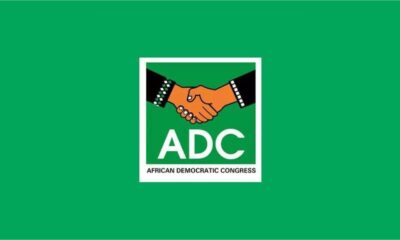
 BIG STORY4 days ago
BIG STORY4 days ago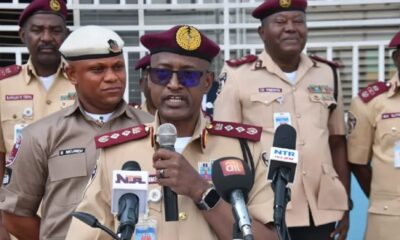
 BIG STORY4 days ago
BIG STORY4 days ago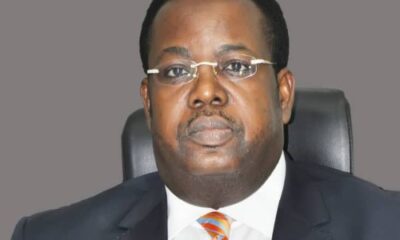
 BIG STORY4 days ago
BIG STORY4 days ago




